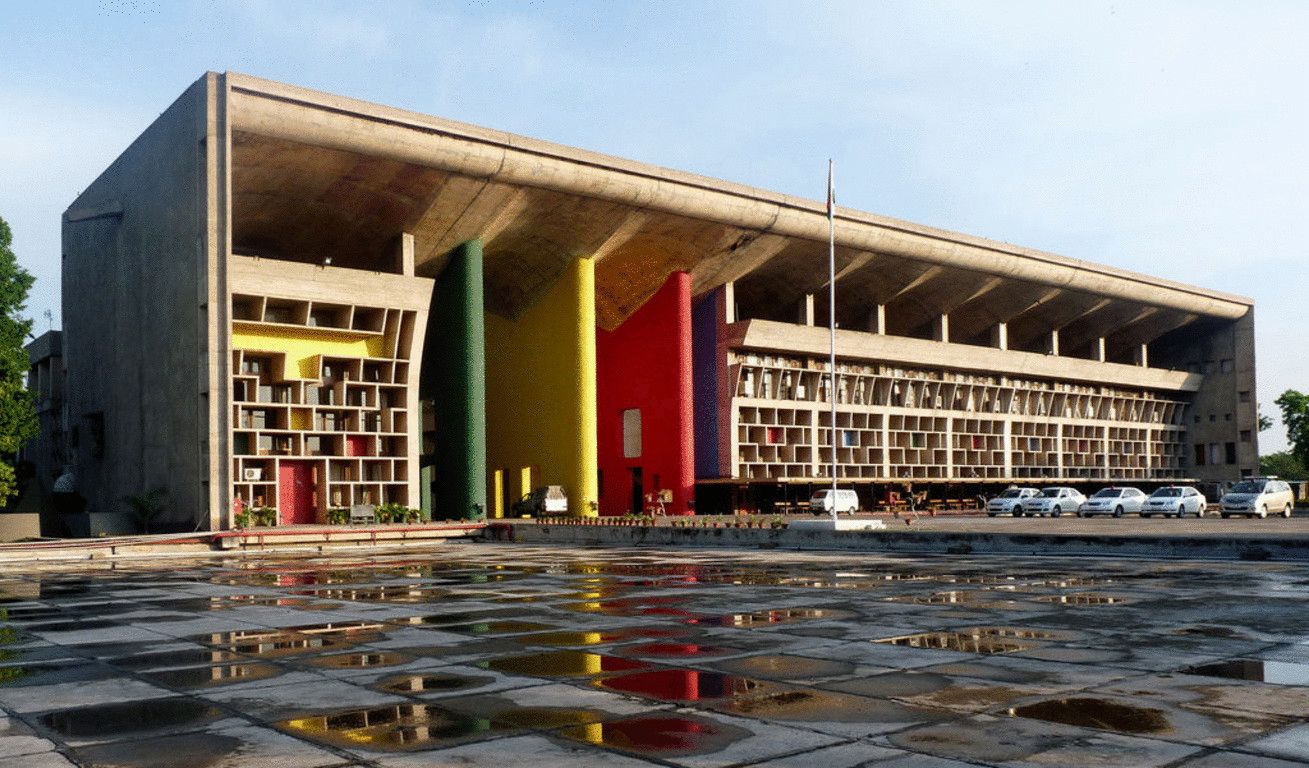Punjab & Haryana High Court Dismisses Sukhpal Singh Khaira’s Plea to Quash Vigilance Inquiry into Disproportionate Assets

Case Name: Sukhpal Singh Khaira v. State of Punjab
Date of Judgment: October 14, 2025
Citation: CRM-M-57824-2025
Bench: Hon’ble Mr. Justice Tribhuvan Dahiya
Held: The Punjab & Haryana High Court dismissed the petition filed by Congress MLA and Leader of Opposition Sukhpal Singh Khaira seeking quashing of a vigilance inquiry initiated by the Punjab Vigilance Bureau into alleged disproportionate assets. Justice Tribhuvan Dahiya held that the ongoing vigilance inquiry did not violate any legal principle or the Supreme Court’s directions in Lalita Kumari v. Government of Uttar Pradesh, (2014) 2 SCC 1, since it was merely an inter-departmental communication for collecting information. The Court observed that there was no FIR, no notice to the petitioner, and no infringement of rights to justify judicial interference.
Summary: The petitioner contended that he was being targeted for political reasons as an opposition MLA, alleging that the Vigilance Bureau’s letter dated February 12, 2024, initiating an inquiry into his and his family’s properties, was mala fide and prolonged beyond permissible limits. He argued that under Lalita Kumari, a preliminary inquiry must be time-bound (ordinarily within seven days, extendable to six weeks) and that the continued vigilance actions—letters to tehsildars and banks in September 2025 seeking property and account details—amounted to harassment. The State, however, clarified that no FIR had been registered and no summons or notices had been issued to the petitioner. The communications in question were part of routine information-gathering by the Bureau, and no coercive action was contemplated.
Justice Dahiya agreed with the State’s position, holding that the cited Lalita Kumari guidelines applied only to preliminary inquiries preceding FIR registration, not to internal departmental correspondences or vigilance checks based on administrative oversight. The Court underscored that procedural communications between departments for verifying information cannot be equated with investigative overreach. It noted that the petitioner’s rights were not infringed and that his reliance on Lalita Kumari was misplaced.
Decision: The High Court found no illegality in the vigilance correspondence and concluded that no right of the petitioner had been infringed. It dismissed the petition, holding that it was premature and devoid of merit, emphasizing that vigilance authorities were within their jurisdiction to seek property and bank details as part of their official duties.